I knew I wanted to be a therapist when I felt a sense of safety and comfort from those around me who shared things in confidence. I took pride in being the friend who was a good listener. I also wanted to be what I did not have and that was an outlet to release how I was feeling. Specifically growing up in the Black community, seeking therapy was deemed for people who are “crazy”. It was also looked at as a negative or taboo thing to share your “business” with a stranger. Black families often used the term “what happens in this house stays in this house” and there is a historical aspect to why that was. Historically, Blacks have struggled with not being treated equally like any other law abiding citizen. Racism has created a disadvantage for Blacks and has caused for many to suffer at the hand of white privilege. Out of fear of getting their kids taken away or information being able to be used against them to disrupt their families. There is a mistrust with letting outsiders know what’s going on within.
That’s where I come in. I have observed first hand and experienced how not speaking out can have long-lasting effects on your mental health. I wanted to make sure I was a representation to my community that someone who looks like them can be trusted to hold whatever weight they are carrying. Although some things can remain discrete, the moment abuse of any kind, neglect, traumatic experiences, etc come into place it needs to be talked about. There deserves to be a space allotted for it to be shared, discussed and processed. I am a firm believer that everyone has a voice that deserves to be heard. I take pride in providing that safe place for others to feel seen and that they leave out of their session better than when they entered.
Being a millennial therapist has been interesting to say the least. I’m in a middle stage of being “too young” for boomers and gen x, while trying to stay “hip” or “in the know” with gen z and alpha. Meanwhile, I’m on Tik Tok trying to stay up to date with the newest trends and language so I can relate better with my younger clientele. At times I have felt a sense of imposter syndrome because I did not feel I have lived through enough life experiences to be able to be equipped with working with generations before me. I had this idea that because I’m not in a marriage of my own or do not have kids, I could not help assist married couples or parents. Which made me realize, I am one of so many millennials who have waited to become mothers and have not met their spouses yet. The expectation that people should be married with kids by early to mid 20s and living in a house, is extremely unrealistic in today’s society. A plethora of my peers are choosing themselves first which may look like focusing on their careers, finding ways to maximize their income, most importantly living their lives to the fullest traveling and not being tied down to certain responsibilities.
With that comes possible condemnation from elders because they cannot wrap their heads around why someone would rather struggle to make it on their own than to work for someone else for the rest of their lives. Millennials do not want to work 3+ jobs and raise a family of 5, all while losing their sanity because there’s no time for self- care. That may have been common previously, but more millennials are wanting to achieve financial freedom so they can actually enjoy their lives while they are still young instead of waiting to retire to start experiencing what life has to offer. More people in my generation are entrepreneurs, having multiple businesses with different streams of revenue, rental property etc. There are some people who have even moved back home to their parents house after graduating college because they knew strategically it was the smartest decision in order to be more financially secure in the future. I have heard older generations say that newer generations are “lazy”, “just want fast money” or “don’t like to work for nothing” like generations prior may have. I’d like to disagree and say that my generation is some of the most ambitious people I know while also recognizing when a job is not valuing their work so they quit to be in business for themselves. It is a work life balance that I have noticed my peers having. I will admit that is a luxury that many did not have due to the conditions that elders grew up in. Which is why I believe we have taken that into consideration and truly made sure we are not repeating our parents, grandparents and great grandparents’ lived experiences. I don’t think millennials should be judged for simply wanting better and doing what they feel is best to get to their desired goal to live a fulfilling life they can be proud of.
As a therapist, I am constantly breaking the stigma of mental health that has unfortunately affected how many older generations don’t seek out services due to fear of judgment. Luckily as millennials continue to progress and be transparent about wanting to break generational curses and be better humans, it is positively impacting the youth following behind us. I have had teenagers come to our sessions actually excited to let me know updates in their lives, how they applied a coping skill, or improved communication with family and friends. It is extremely powerful to witness youth being openly proud of having a therapist and not afraid to encourage their peers to seek out therapy as well. It is no longer a shameful resource to lean on and I honestly think millennials have moved the needle significantly in changing that.
At the end of the day, I’m on this journey of life just like everyone else trying to obtain the tools to help others out while we simultaneously navigate this world together.
Signed,

